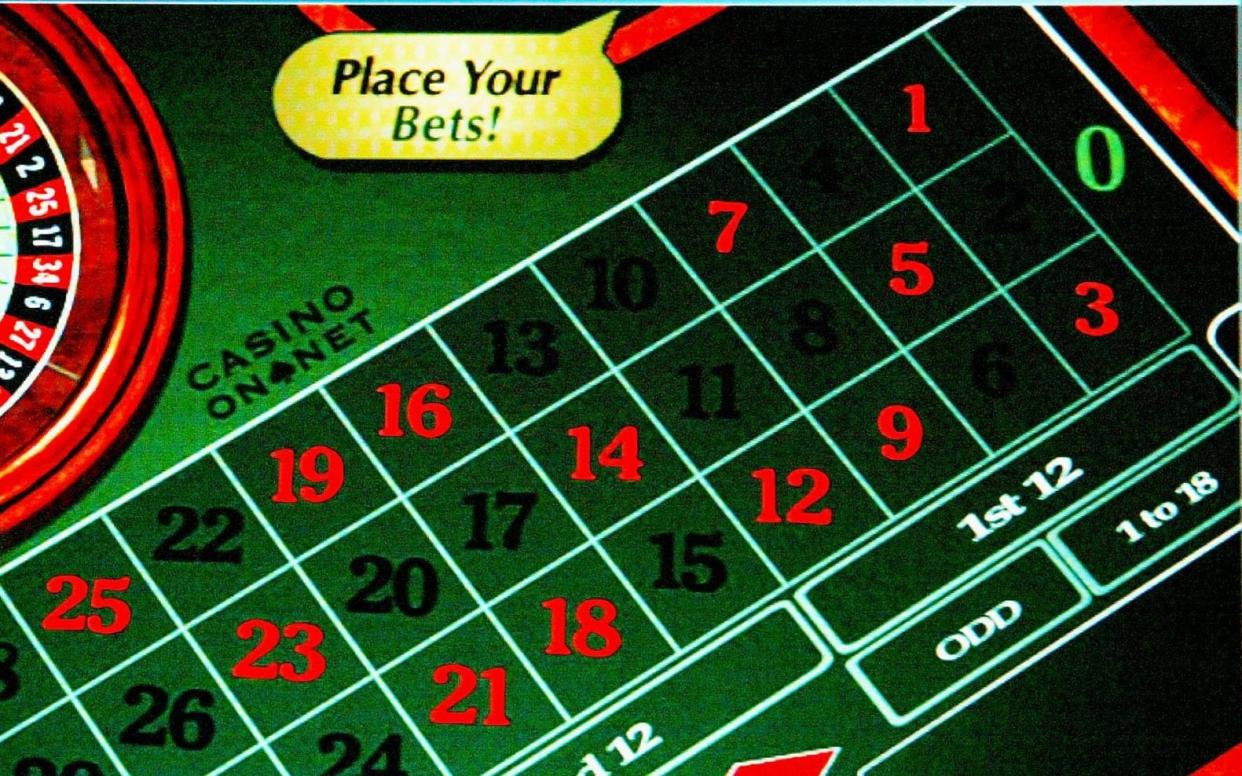Military veterans seven times more likely to be problem gamblers

Military veterans are seven times more likely than the rest of the population to be problem gamblers, according to new research blaming post-traumatic stress and mental ill-health.
The study, the first of its kind, found more than four in 10 – 43 per cent – of veterans said they had experienced problem gambling, compared with 6.5 per cent of the non-veterans.
They were also four times more likely to have gambled recently and on more activities than non-veterans, according to the research, which surveyed 1,037 veterans and 1,148 non-veterans of a similar age and gender profile.
Their gambling was seven times more likely to be motivated by a need to escape or avoid distress, the study, by Swansea University for the Forces in Mind Trust, found.
Veterans were also at much greater risk of poor mental health including depression, anxiety, post-traumatic stress disorder, and to have an alcohol and/or nicotine dependence.
‘I want to warn other veterans about how dangerous it can be’
Justyn Rees Larcombe, a co-investigator on the report, experienced problem gambling following a successful career in the Army. He said: "These findings are shocking. I knew I wasn't alone in this from speaking to other veterans about our experiences. But it's clear that this problem affects a lot of people.
"Gambling caused so much damage to me and my family, and I want to warn other veterans about how dangerous and destructive it can be.
"The study has clearly identified a problem, so we must now address the reasons veterans experience problem gambling and support those who suffer the consequences. I got addicted to the thrill of online gambling and it nearly destroyed my life. I don't want others to suffer as I have."
Higher healthcare and benefits costs
The report recommended routine screening of soldiers and other Armed Forces staff for gambling problems before they left the military and wider access to anti-gambling education programmes for active service personnel.
Gambling is estimated to cost the UK between £26 million and £1.6 billion in economic, health, societal and criminal justice costs. The research found that veterans with problem gambling had higher healthcare and benefits costs, as well as higher levels of debt than non-veterans.
More than a quarter – 26.6 per cent – of the military personnel surveyed met the criteria for post-traumatic stress disorder, while more than 60 per cent were suffering some level of anxiety compared with only a third of non-veterans.
Nearly 70 per cent said they had some level of depression, compared with less than half of the non-veterans. More than a third of veterans reported increased risk drinking and were three times more likely to be alcohol dependent than the non-military people in the survey.

 Yahoo News
Yahoo News 
